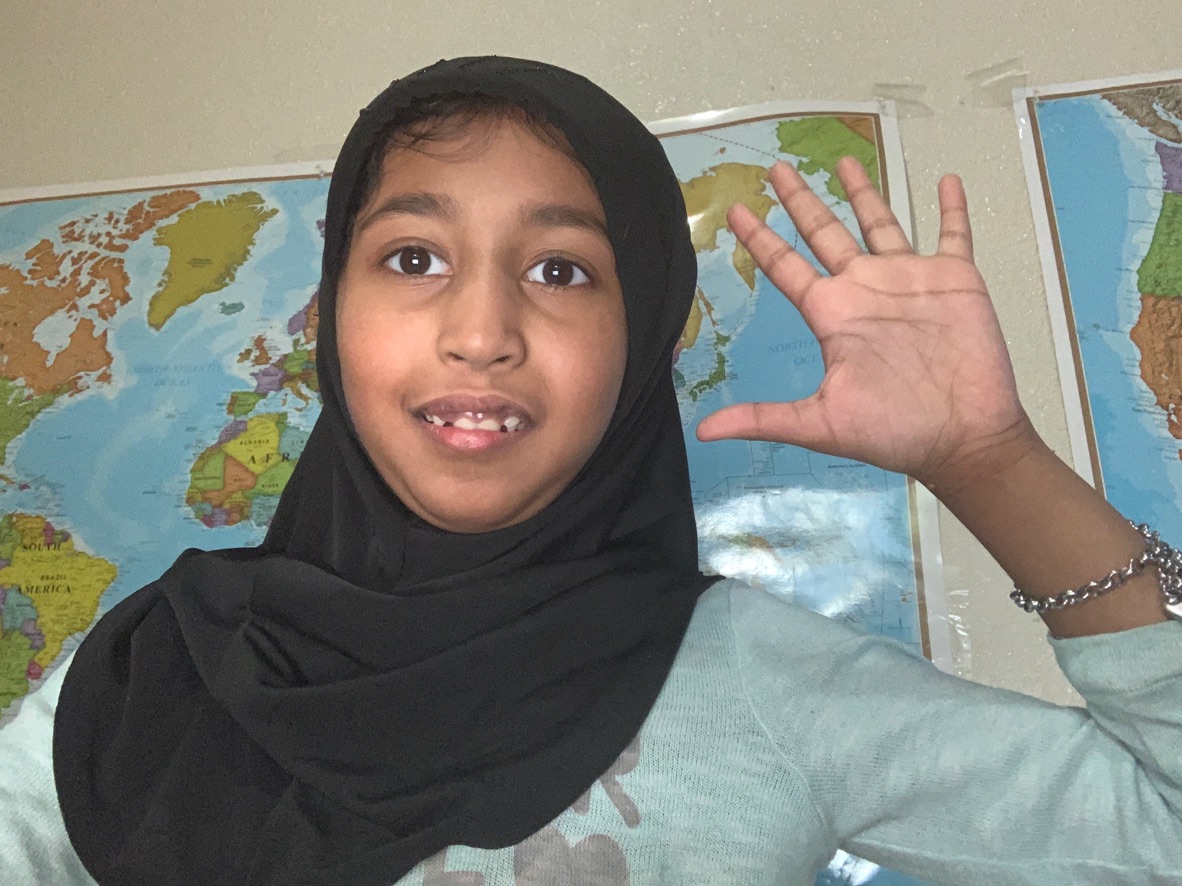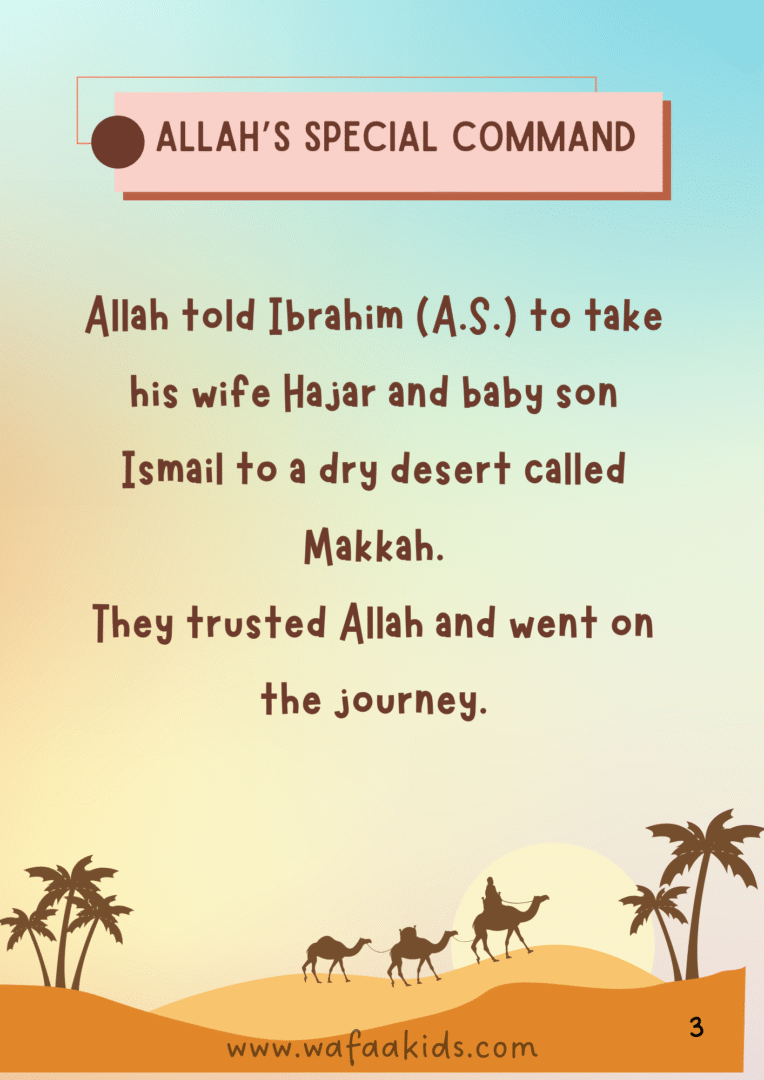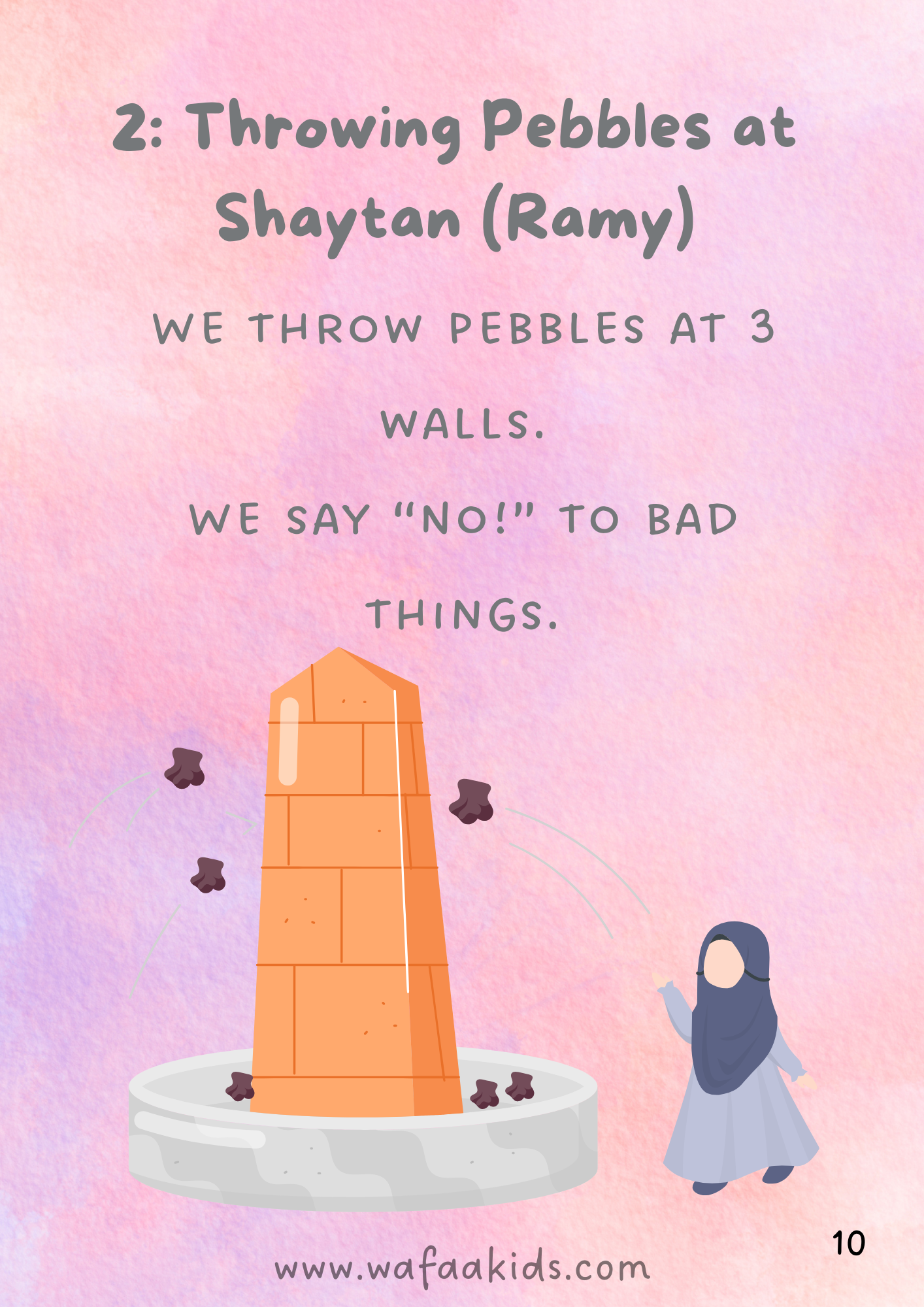How Many Prophets in Islam? A Journey Through Revelation

One of the foundational pillars of Islamic faith (Iman) is the belief in all the prophets and messengers sent by Allah (God). This belief, known as Risalah, forms an unbroken chain of guidance that began with the first man, Adam, and concluded with the final prophet, Muhammad (peace and blessings be upon them all).
A common and natural question that arises from this belief is, “How many prophets in islam ?” It’s a question of numbers, but the answer opens up a profound understanding of Allah’s universal mercy and guidance for all humanity. This article will explore the answer to this question, the distinction between a prophet and a messenger, and the core figures mentioned in the Quran.
The Famous Number: 124,000
When Muslims and non-Muslims alike ask, “how many prophets are there in islam?” the most widely cited figure is 124,000 prophets.
This number comes from a well-known, though debated, hadith (a saying of Prophet Muhammad ﷺ). In one narration, recorded in Musnad Ahmad and other collections, the companion Abu Dharr asked the Prophet Muhammad (ﷺ): “O Messenger of Allah, how many prophets were there?” The Prophet (ﷺ) replied: “One hundred and twenty-four thousand (124,000), and from among them, three hundred and fifteen (315) were messengers.”
This hadith provides a fascinating and specific answer. However, it’s crucial to understand the scholarly view on this. Hadith specialists have classified this narration differently; some, like Ibn Kathir, have noted potential weaknesses in its chain of transmission, while others have accepted it as hasan (good) or at least illustrative.
So, what does this mean for a Muslim’s belief? The most important takeaway is that the exact number is not an article of faith. It is not a sin to be unaware of this number, nor is it a requirement to believe this specific figure dogmatically.
The core, obligatory belief is what Allah states clearly in the Quran:
“And We have already sent messengers before you. Among them are those [whose stories] We have related to you, and among them are those We have not related to you…” (Quran 40:78)
This verse is the definitive answer. It confirms that many prophets were sent, so many that Allah only told us the stories of a select few. The wisdom in not knowing the exact number is that it prevents us from denying a prophet we haven’t heard of. We affirm our belief in every single prophet Allah sent, whether we know their name, their story, their time, or their place.
So, while the 124,000 figure is a popular and circulated answer to “how many prophets are in islam,” the more precise theological answer is “Only Allah knows the exact number, and we believe in all of them.”
Prophets vs. Messengers: A Key Distinction
The hadith of Abu Dharr brings up another critical question: “how many prophets and messengers in islam?” It gives two different numbers: 124,000 prophets (Nabi) and 315 messengers (Rasul). This implies a clear difference between the two titles.
What is that difference?
A Prophet (Nabi): A Nabi is an individual who receives revelation (Wahy) from Allah. They are chosen to guide people, often by confirming, upholding, and teaching the sacred law (Shari’ah) that was revealed to a messengerwho came before them. For example, many prophets of Bani Israel (the Children of Israel) after Musa (Moses), like Harun (Aaron) or Dhul-Kifl, were Nabiyeen who judged and ruled by the law of the Torah.
A Messenger (Rasul): A Rasul is also a prophet who receives revelation, but they are distinguished by being given a new or updated sacred law (Shari’ah) and are commanded to deliver this new message to a specific nation or, in the case of Prophet Muhammad (ﷺ), to all of humanity. They often bring a holy book. For example, Musa (Moses) was a Rasul who brought the Torah, ‘Isa (Jesus) was a Rasul who brought the Injil (Gospel), and Muhammad (ﷺ) was a Rasul who brought the Quran.
Therefore, we can understand the relationship like this: Every Messenger (Rasul) is also a Prophet (Nabi), but not every Prophet (Nabi) is a Messenger (Rasul).
This is why the number of messengers (315) is so much smaller than the total number of prophets (124,000). The messengers were the major figures who established new dispensations of divine law, while the prophets worked to preserve, teach, and revive that law among the people.
The 25 Prophets Named in the Quran
While the total number is a matter of the unseen, Allah, in His wisdom, has explicitly named 25 prophets in the Quran for us to know, study, and learn from. We are required to believe in each of these 25 by name.
Their stories are not simple fairy tales; they are powerful, real-life lessons in faith, patience, perseverance, and the unwavering message of Tawhid (the Oneness of Allah).
The 25 named prophets are:
Adam (Adam)
Idris (Enoch)
Nuh (Noah)
Hud (Hud)
Salih (Saleh)
Ibrahim (Abraham)
Lut (Lot)
Isma’il (Ishmael)
Ishaq (Isaac)
Ya’qub (Jacob)
Yusuf (Joseph)
Ayyub (Job)
Shu’ayb (Jethro)
Musa (Moses)
Harun (Aaron)
Dhul-Kifl (Ezekiel)
Dawud (David)
Sulayman (Solomon)
Ilyas (Elias)
Al-Yasa (Elisha)
Yunus (Jonah)
Zakariyya (Zechariah)
Yahya (John the Baptist)
‘Isa (Jesus)
Muhammad (Muhammad) (Peace and blessings be upon them all)
Among these, five are given the special title of Ulu al-‘Azm (The Possessors of Firm Will). They are singled out for their extraordinary patience and steadfastness in the face of immense hardship and opposition. They are: Nuh, Ibrahim, Musa, ‘Isa, and Muhammad.

Prophets Stories
Course
5 - 16 Years Old
Your Child will learn The Prophets stories from cartoon and then we will teach them how to create their own prophet story using the ai.

What is islam Course
7 - 16 Years Old
Discover the beauty, history, and teachings of Islam in our What is Islam Course—a clear and engaging introduction for anyone who wants to understand the world’s fastest-growing faith.
The Universal Purpose of Prophethood
Now we can return to the larger question: in islam how many prophets are there, and why so many?
The sheer number—whether 124,000 or simply “a great many”—points to a core tenet of Islam: Allah’s infinite justice and mercy. Allah would never hold a people accountable for their disbelief if He had not first sent them a guide.
The Quran confirms this universal guidance:
“…And there never was a nation but that a warner had passed among them.” (Quran 35:24)
This means that every nation, every tribe, and every community in the history of the world was sent a prophet. From the indigenous peoples of the Americas to the tribes of Africa, from the ancient civilizations of Asia to the first communities in Australia, Allah’s guidance was sent to them in their own language and in a way they could understand.
The core message of all 124,000 prophets was one and the same: “Worship Allah alone, and shun all false gods.”
The details of the law (like prayer, fasting, and prohibitions) may have changed over time to suit the people, but the central creed of Tawhid never did.
The Seal of the Prophets
The chain of prophethood, which began with Adam, reached its conclusion with the final messenger, Prophet Muhammad (ﷺ). He is known as Khatam an-Nabiyyin—the Seal of the Prophets.
His message, the Holy Quran, was not for just one tribe or one time. It was a universal message for all of humanity, confirming the truth in the previous scriptures and serving as the final, complete, and perfectly preserved guidance until the end of time. This is why no more prophets will come after him.
📚 Bring the Stories of the Prophets to Life for Your Children
Believing in the prophets is a pillar of our faith, but simply knowing their names is just the beginning. The real treasure lies in their stories—stories of courage, unwavering faith, and profound love for Allah.
Teaching these profound stories to our children is one of the most important duties we have as parents and educators. These are their true heroes. But how do we take these deep, complex stories and make them accessible, engaging, and inspiring for young minds?
That’s where WafaaKids.com comes in.
At WafaaKids.com, we understand the challenge of finding high-quality, authentic Islamic content for children. That’s why we have lovingly created a beautiful collection of Islamic ebooks designed to bring the stories of the prophets and the core tenets of Islam to life for your family.
Our ebooks are:
Theologically Sound: Carefully written to be accurate and respectful.
Engaging & Beautifully Illustrated: Capturing your child’s imagination.
Age-Appropriate: Breaking down big concepts into small, understandable lessons.
Don’t let the stories of Ibrahim’s faith, Yusuf’s patience, or Musa’s courage just be names in a list. Make them the bedtime stories that build your child’s character and strengthen their Islamic identity.
What is Hajj and How to Do it
$3.99Original price was: $3.99.$1.99Current price is: $1.99.Story of Ibrahim(as) and How Hajj Started
$3.99Original price was: $3.99.$1.99Current price is: $1.99.🕋 Hajj Bundle – Islamic books for kids
$9.99Original price was: $9.99.$4.99Current price is: $4.99.Eid Al-Adha Fun – Ebook for Kids
$3.99Original price was: $3.99.$1.99Current price is: $1.99.What We Can Learn from Hajj ? – E-book
$3.99Original price was: $3.99.$1.99Current price is: $1.99.The Pillars of Al-Hajj and it’s Sunnahs
$3.99Original price was: $3.99.$1.99Current price is: $1.99.The Last 3 Surah’s
$2.99Original price was: $2.99.$0.99Current price is: $0.99.Prophets Stories Bundle – islamic books stories of the prophets
$39.99Original price was: $39.99.$9.99Current price is: $9.99.Allah Knew Me – Hadith – Islamic Ebooks For Kids
$2.99Original price was: $2.99.$0.99Current price is: $0.99.
Table of Contents
What is Hajj and How to Do it
$3.99Original price was: $3.99.$1.99Current price is: $1.99.Story of Ibrahim(as) and How Hajj Started
$3.99Original price was: $3.99.$1.99Current price is: $1.99.🕋 Hajj Bundle – Islamic books for kids
$9.99Original price was: $9.99.$4.99Current price is: $4.99.Eid Al-Adha Fun – Ebook for Kids
$3.99Original price was: $3.99.$1.99Current price is: $1.99.What We Can Learn from Hajj ? – E-book
$3.99Original price was: $3.99.$1.99Current price is: $1.99.The Pillars of Al-Hajj and it’s Sunnahs
$3.99Original price was: $3.99.$1.99Current price is: $1.99.
Popular Posts
Parents Say About WafaaKids.
4.9
(121 Review) From preply
Alhamdulilah, my son enjoys the lessons. Very systematic learning. If would be great if could include videos of the same topic learnt. Kids learn faster through songs & games insyaAllah. Look forward for the next lesson 👍🏻👏🏼Online Quran Academy

I am glad that I have found WafaaKids for my two kids, the teaching style is very flexible and they know how to keep the students engaged and interested in the topic they are teaching, I hope my kids can learn more from them in the coming days InshaAllah. The Best Islamic stories for kids

My son is 13 years old and he takes lessons with WafaaKids for one hour a week. They are very satisfied and their voluntarily asked for another lesson - otherwise he will never study voluntarily. WafaaKids teacher's responds to the student's wishes, their youthful, polite manner and is highly recommended. Already from the first unit I noticed a progress with my son. I'm very satisfied. Online Quran Academy

I am happy to find WafaaKids to teach my 8yr old daughter, Quran and arabic. she has completed around 10 sessions and never got bored. now she is motivated to learn Quran and looks forward to his classes. I like how he engages with kids by telling them stories and other fun activities. he also makes arrangements to interact with other students and their parents to motivate each other. overall he is a good find and I recommend them especially for kids. The Best Islamic stories for kids

FAQs
You ask, We answer
The first step is to fill out a quick form The Form and we will send you the link of your Trial lesson on your mail and what’s app.
We are providing an onsite lessons only in Egypt, Otherwise will be online via any video call platform like Zoom.
Most students enroll in the Basic plan. The average student at WafaaKids spends around $64 per month. This approximately amounts to 8 teaching hours per month or 2 x 1-hour lessons per week which are suited for most levels and ensure the program goals are met. The pricing can be slightly different depending on the plan.
Over the years, we have had successes with very young students but we recognize that every child is different and some might have difficulty interacting with a teacher online. In general, we found that starting from age 7, there are rarely any issues with teaching online.
For younger ages, a guardian might need to accompany the student during the lessons initially to provide support until the student gets used to his/her teacher.
We understand that quality education can get expensive and therefore we offer a number of discounts to maximize the benefit for our students enrolled in our programs.
(1) Family Discounts: Students enrolled in our Basic and Pro plans receive 10% and 5% off respectively when 2 or more members of their family are enrolled in the same plan.
(2) Zakat Fund: For students who experience financial hardship, WafaaKids maintains a Zakat eligible fund that is used towards partially or fully subsidizing fees. You will be required to provide documentation to demonstrate your eligibility.























